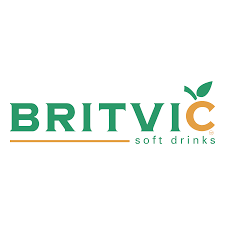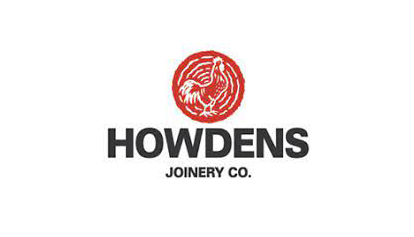
- Details
- Category: Blog
Around 500BC Heraclitus a Greek philosopher presented the assertion that life is in constant flux and that “the only constant is change”.
Heraclitus was notorious for his use of riddles to get people to reflect on the meaning, gain insight and alter their perspective. In this case he wanted people to think about how to prepare for change so that they are ready for whatever the future holds.
This message is as relevant now as it was then. What we do today will not be good enough in the future so...prepare to adapt. Those that don't will experience the equivalent of a Manufacturing whack a mole game.
The improvement journeys of well known and award winning organisations identifies common set of characteristics that help them avoid that situation. These are:
- Align area cross functional priorities to break down barriers to progress.
- Establish local area ownership of front line processes to capture and share knowledge.
- Develop Front Line Leader ability to coach their teams.
- Transition from managing the past (fix what's broke) to managing the future (year on year improvement).
In the white heat of day to day management these four principles may be overlooked but without them, Performance Management can become reduced to the equivalent of a game of "whack a mole" where problems causes are never fully resolved so that they reappear at regular intervals.
In most cases, the weakness is not in the performance management process itself but in how it is used. The solution lies in developing Performance Management skills to address the above 4 principles in reverse order.
To do that, start with developing Performance Management skills to surface and deal with barriers to future performance rather than report on past failures.
This is the purpose of our half day on line Performance Management Training session for Manufacturing Leaders.
The content is designed to raise awareness of Performance Management best practice and includes exercises to compare the current approach against best in class benchmarks. That assessment is then used at the end of the session to define skill development priorities and practical next steps.
The session works best when it involves cross functional personnel to provide a framework for collaboration around the above 4 principles. Begin in a business critical area then use the lessons learned to develop learning plans for others to follow.
The session can also be used to support the application of improvement programmes such as the Lean TPM road map with its milestones of:
- Breaking out of reactive maintenance
- Scaling up for growth
- Raising Standards
- Delivering step out performance
In addition to the gains of increased capacity, improved quality and reduced cost, each step builds the internal capability to adapt to the challenges of a world where the only constant is change.








